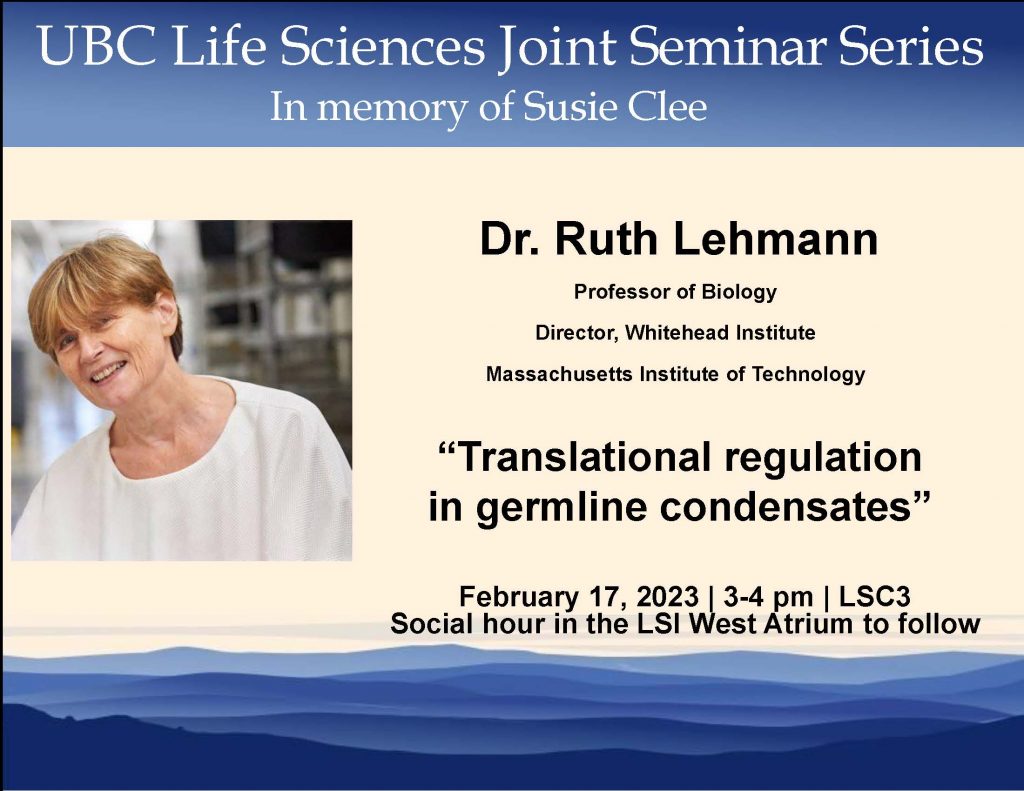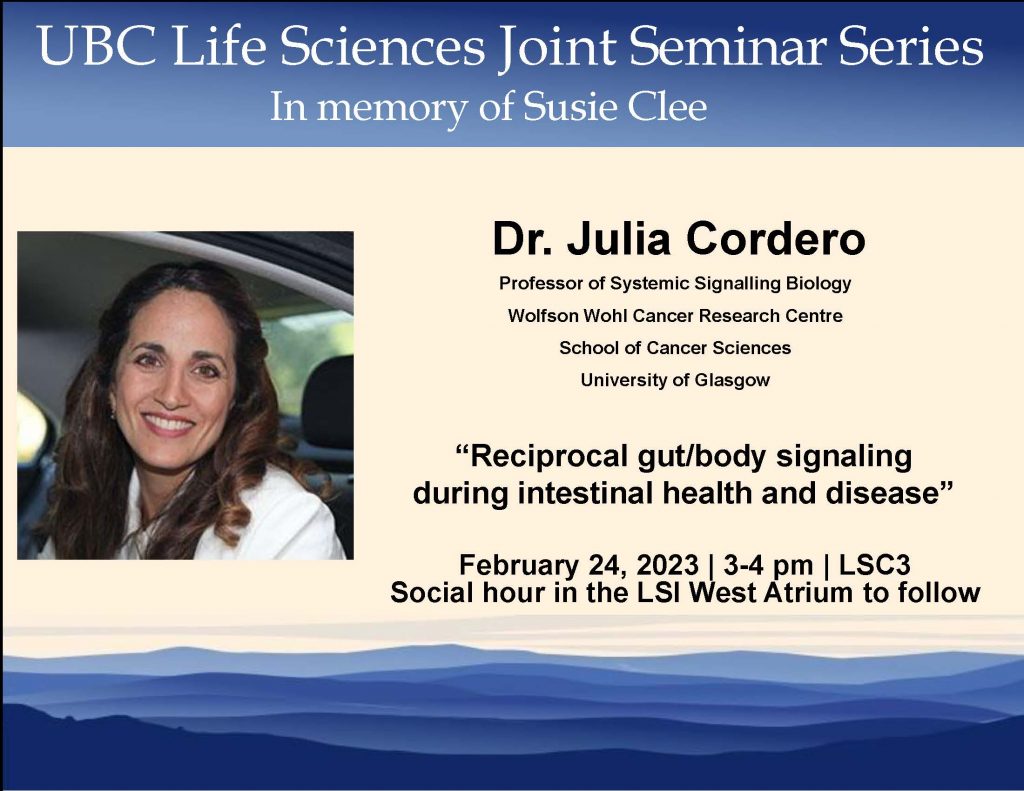
BMBDG Seminar: P.h.D Exit Seminar – Katherine Zhao – February 06, 2023 at 2:30 pm at LSC 3 and Zoom
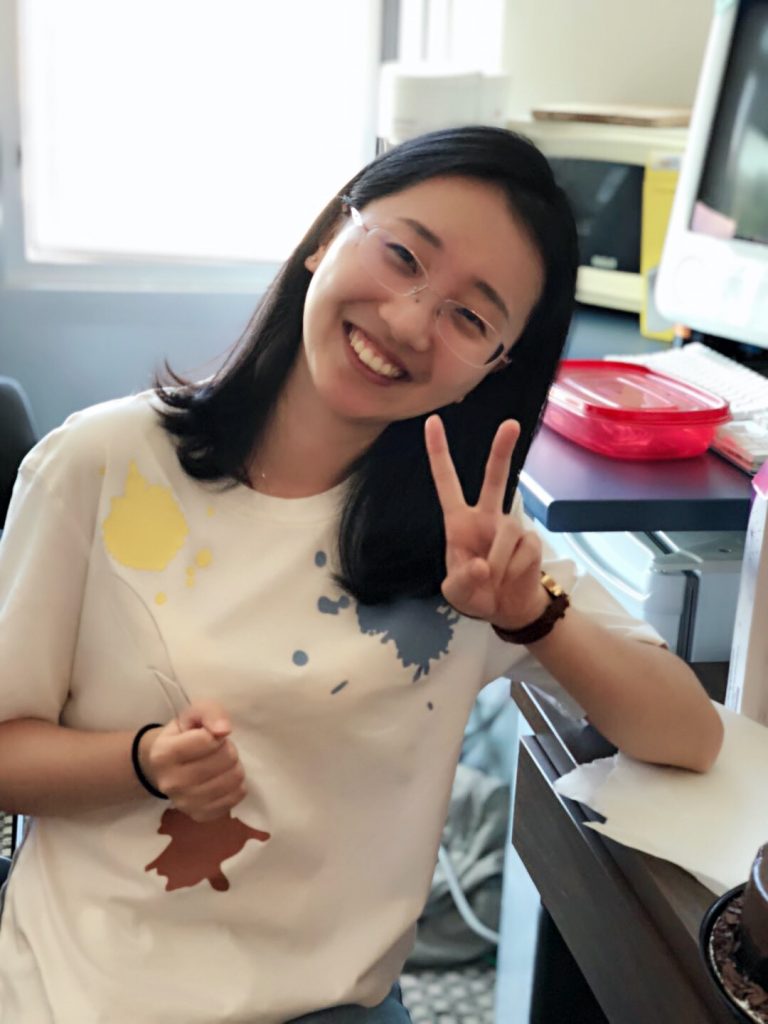
Title: The last dance with peptidiscs: Characterization of membrane proteomes from prokaryotic and eukaryotic cells using peptidiscs
Abstract: Membrane proteins fulfill numerous essential roles in both prokaryotic and eukaryotic cells. However, the characterization of membrane proteomes has lagged due to their intrinsic hydrophobicity and low abundance. Although detergents can solubilize membrane proteins, they can adversely affect their stability and functionality. In this talk, I will introduce a membrane mimetic – peptidisc functionalized with a His-tag – to characterize membrane proteins. This method allows the enrichment of (plasma) membrane proteome and can be used to capture the differentially expressed proteins from different cells. Most importantly, membrane proteins captured in peptidisc can be further used in functional studies.
Membrane protein-protein interaction is another critical aspect of understanding the cellular activities of membrane proteins. Using membrane insertase YidC as a case study, I will introduce multiple proteomic-based methods to identify the interactors of YidC.
Monday, February 6, 2023 at 2:30 pm at LSC 3 and Zoom
Hosted by: Dr. Franck Duong
BIOCAPS Spotlight: Maricela Garcia-Castaneda
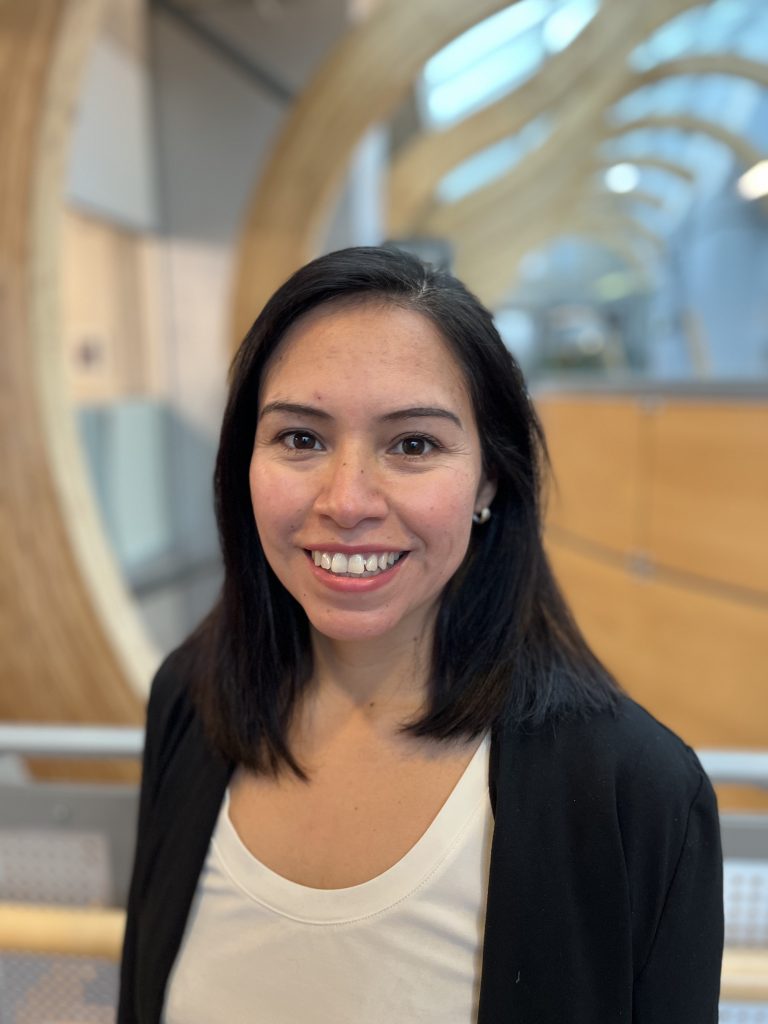
BIOCAPS Spotlight: Maricela Garcia-Castaneda
Lab Manager in the Van Petegem Lab
We are kicking off the 2023 BIOCAPS Spotlight Series with Maricela Garcia-Castaneda, the lab manager in the Van Petegem lab!
Maricela’s research background is in Biochemistry and Electrophysiology. She holds a Master’s degree and a Ph.D. in Biochemistry from the Centre for Research and Advanced Studies of the IPN in Mexico City, where she started her journey developing an understanding of the molecular mechanism underlying muscular dystrophy. Following her graduate studies, Maricela conducted research as a Postdoctoral Fellow at the University of Rochester expanding her expertise on the electrical activity of excitable cells and ion channels by studying how genetic mutations involved in the development of Duchenne muscular dystrophy can induce dysregulation of calcium storage. More recently, she has gained experience in the field of Structural Biology through her ongoing position and academic collaborations.
Currently, Maricela works as a research scientist and lab manager in the Life Sciences Institute at the University of British Columbia under the supervision of Dr. Filip Van Petegem. In this role, she leads two original projects applying various structural biology, cellular and molecular biology techniques to understand the impact of genetic mutations on skeletal and cardiac muscle function. Additionally, she supports the lab’s day-to-day operations and troubleshoot multiple problems, from equipment malfunction to experimental setup issues. Furthermore, she trains and supervises undergraduate and grad students, teaching them lab techniques and providing guidance in developing their experiment.
Maricela joined our lab a few years ago as an experienced physiologist, but has gradually transformed into a protein biochemist, purifying challenging membrane proteins for structural studies. She is the go-to person for all mammalian cell experiments, providing hands-on training for multiple lab members. As she is also taking care of ordering and other lab management tasks, she is a true cornerstone that we all depend on.
Dr. Filip Van Petegem, Professor
What does a typical day in the Van Petegem lab look like?
Every day is different, and this is what I like most about my job. One day, I will be running a challenging/complex experiment and getting exciting results. But on another day, an instrument alarm will go off, calling for my attention to contact Adam from the workshop or Sophia from Building Operations to help me fix the problem; they are truly amazing!
What do you find the most exciting and challenging about your job?
The most exciting thing about my job is seeing how my research projects are shaping into an exciting story, which could eventually lead to a publication, expanding the scientific knowledge and helping develop therapeutic treatments for muscular diseases. The most challenging part of my job is keeping up with my experimental schedule while simultaneously managing the lab and helping other lab members in their experiments.
How would you describe the year of 2022?
It was a year of reconnecting with friends and expand my social circle. I focused on family, personal growth, and the possibility of what’s to come.
What is your favorite way to spend a day off?
I love spending quality time with my husband. We both try to have an active lifestyle, so if we are not hiking in the mountains or biking to explore hidden parts of Vancouver, I like to take the stairs down the beach and enjoy the landscape on a clear day or when the mountains are covered with snow.
BMBDG Seminar: Dr. Thomas Kislinger – January 30, 2023 at 2:30 pm via Zoom
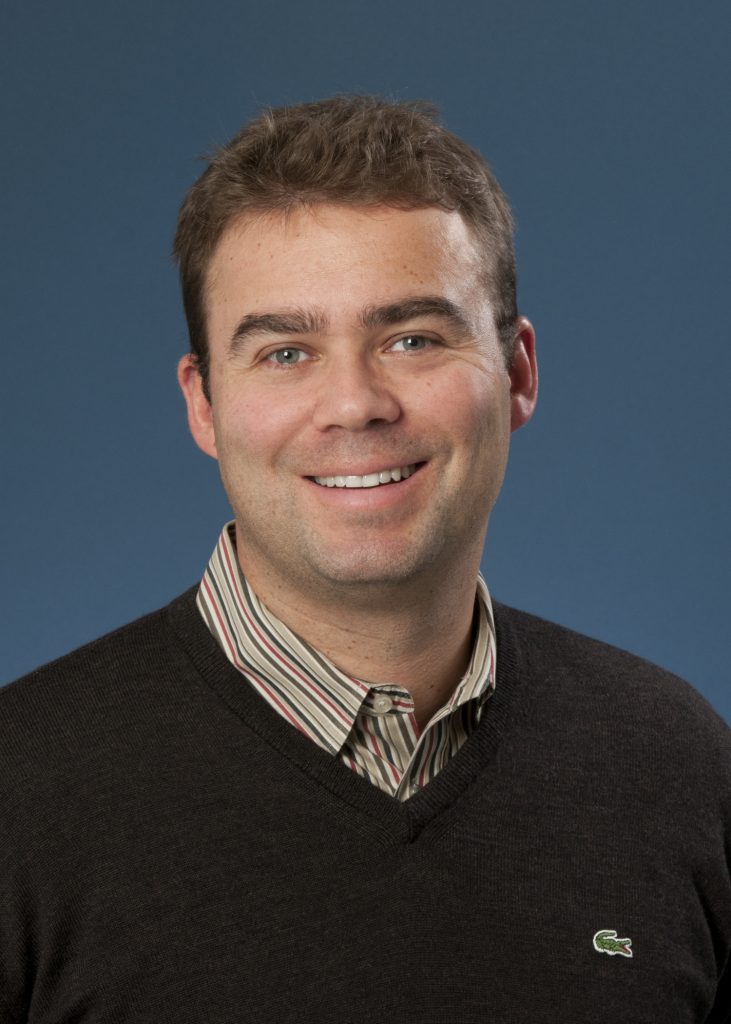
Title: Membrane Proteomics: Biomarker Discovery and Therapeutic Targets.
Professor. Medical Biophysics Chair.
University of Toronto
Monday, January 30, 2023 at 2:30 pm via Zoom
Hosted by: Dr. Franck Duong
*Special Seminar* BMBDG Seminar: Dr. Eric Lecuyer – February 02, 2023 at 3:30 pm at LSC3 and Zoom
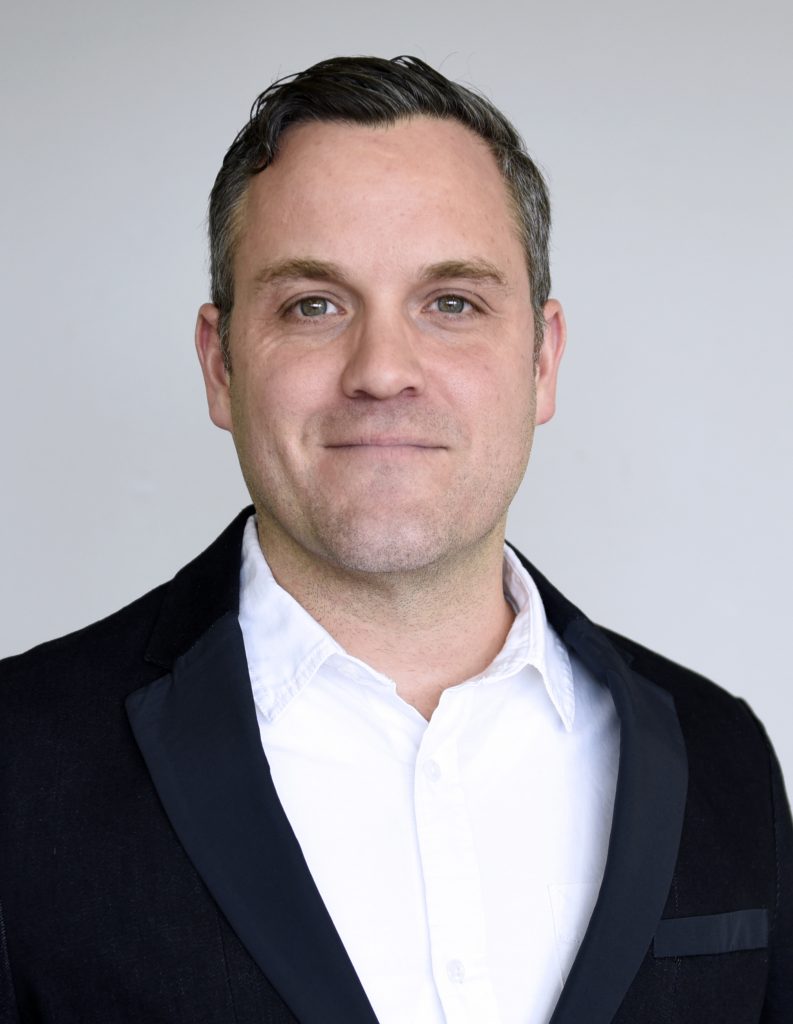
Title: ‘Insights into the sub cellular travels of cellular RNAs and RNA binding proteins’
Director. RNA Biology Research Unit.
IRCM
Abstract: Cellular organization relies on intricate and deeply conserved molecular addressing systems that control the sorting of molecules to specific subcellular destinations. Our laboratory seeks to understand how RNA molecules, key conveyers of genetic information and multitasking players in gene expression control, are dispatched to different areas of the cell to fulfill their functions. Our projects aim to elucidate the normal functions of RNA trafficking in the maintenance of genome stability and cell polarity, and how disruption of these pathways can contribute to the aetiology of diseases, such as cancer and neuromuscular disorders. For this work, we combine the versatility of Drosophila genetics with high-throughput molecular imaging and functional genomics approaches in fly and human cellular models.
Thursday February 02, 2023 at 3:30 pm at LSC 3 and Zoom
Hosted by: Dr. Ethan Greenblatt and Dr. Eric Jan
